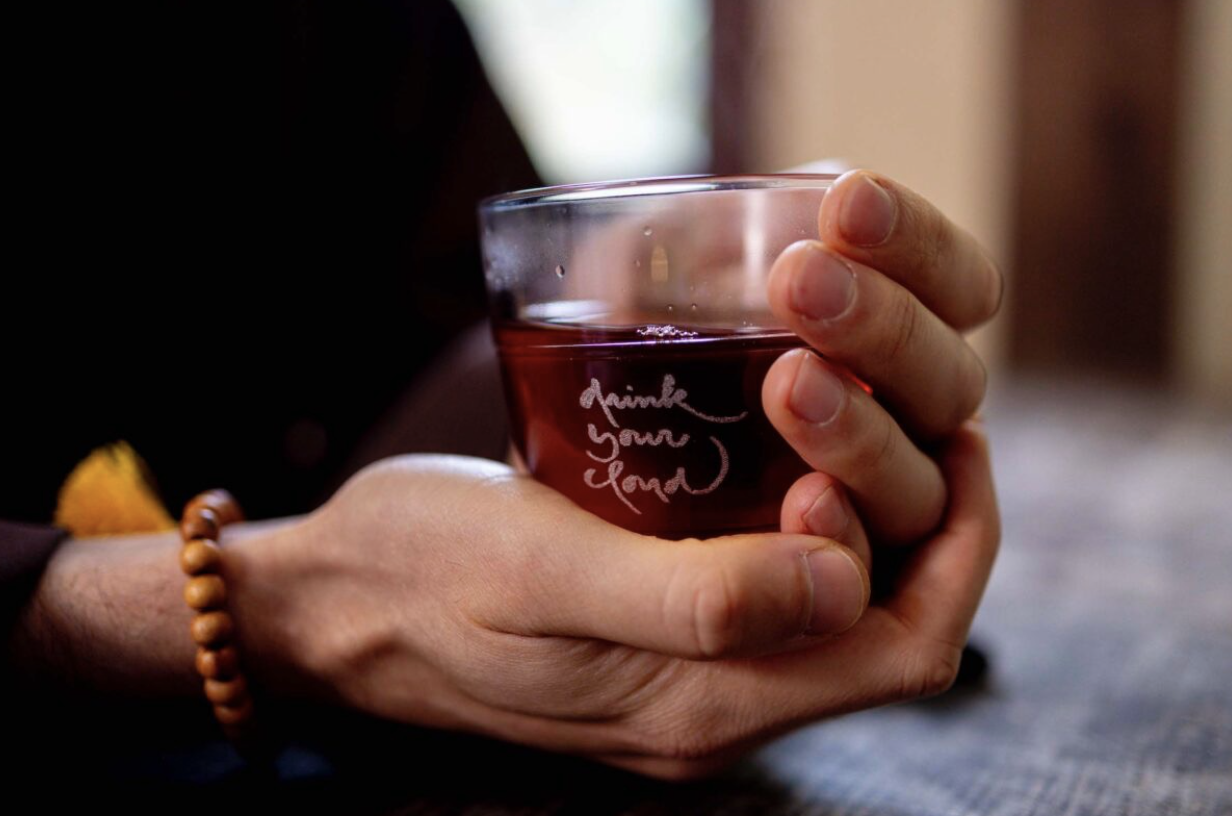This Monday, Ben is facilitating. He shares:
Dear OHMC community, allow me to reintroduce myself. It has been over a year since I have facilitated a sitting. My littlest has just turned one and bedtimes are no longer such a fight, so here I am. My post is themed after this Spring's Opening Heart Mindfulness retreat titled:
Strong As a Mountain: Staying Rooted in the Midst of Chaos
Below is a story of chaos and how I rooted myself in the practice of mindfulness to manage the situation. I encourage you to read the story but if you don't have the time, know that it ends with gratitude.
For discussion on Monday please consider how mindfulness has made you strong as a mountain and are you able to find gratitude in the midst of chaos?
Speaking of chaos, both of my daughters are developing ways to fight against their parents and each other to get what they want. Allegra has become a negotiator. Even at the age of three she can come up with clever deals that enable her to get what she wants. Before it was body language now she has become more sophisticated. Lilliana doesn't have language yet so when she wants something, it's all body language and sound.
For the most part, their fight doesn't bring out the fight in me. There are times however when it does. The other day I was drained, totally whipped out. Allegra wouldn't brush her teeth, Lilliana was not going to sleep, and I had had enough.
I knew I had had enough because my body said so. My experience in that moment was a surge that collapsed and expanded inside and up and down the front of my spine. The outward surge came forth has a harsh "Allegra, that's enough", the inward collapse was the feeling of despondence, a downward, heavy, dirty, yucky, tired, brown, murky, feeling. Not unfamiliar, this feeling came with memories of other times I've felt this way, and in a flash this moment was every moment I've ever felt this way to include times when I have been truly depressed and full of self loathing. I had had enough and enough being enough meant that it was time to force the issue in my favor. Daddy is stronger and more powerful and you will do as I say!!!
At that point Allegra began crying, that woke up Lilliana who my wife had almost gotten to sleep, and she began crying. The collapsing feeling got company. Shame.
So here's the picture. On the outside I've got two kids crying. One kid has to brush her teeth and put on PJs, the other is now awake and crying. On the inside there is a kinda turmoil. My thoughts recognize my problem. In a flash an internal environment erupted. My management of my internals failed and I projected them on my children. This failed to remedy the situation and made it worse. My mind is flashing memories of other times I've fallen into similar situations, and now I'm getting hit with shame: I teach people mindfulness for Pete's sake. I am on the losing end of this situation and all this has happened in under a minute.
Knowing I was getting my butt kicked by my life in the moment, I did the first thing I could think of, I grabbed the blue whale shaped water bucket and began making a really big waterfall in the tub. The weight of the water in my hand, the sound of the water splashing down into the tub shifted the moment. Allegra stopped crying, curious of the sight and sound of falling water. I focused on the feeling of the changing weight of the bucket as the heaviness disappeared as the water emptied. I made my spine a little straighter, I took a deep breath. As Allegra stopped crying so did Lilliana. My focus on the present disrupted my internals, and I began taking steps back to neutral.
After the girls went down I began the process of reassessing the situation. I should have done this, and I should have done that. But then I remembered. I felt the blanket with my toes. I felt the pillow with the back of my head. I felt my breath. I felt the movement of air up and down in my throat. I recognized the draw of my energy to think, to analyze, but I choose to be grateful. I started small, the blanket, the mattress, the pillow, then I got bigger more sophisticated I started languaging in my mind the way this chaos brought out the practice, and how the practice led me to gratitude. Before I fell asleep I felt gratitude for the chaos.













